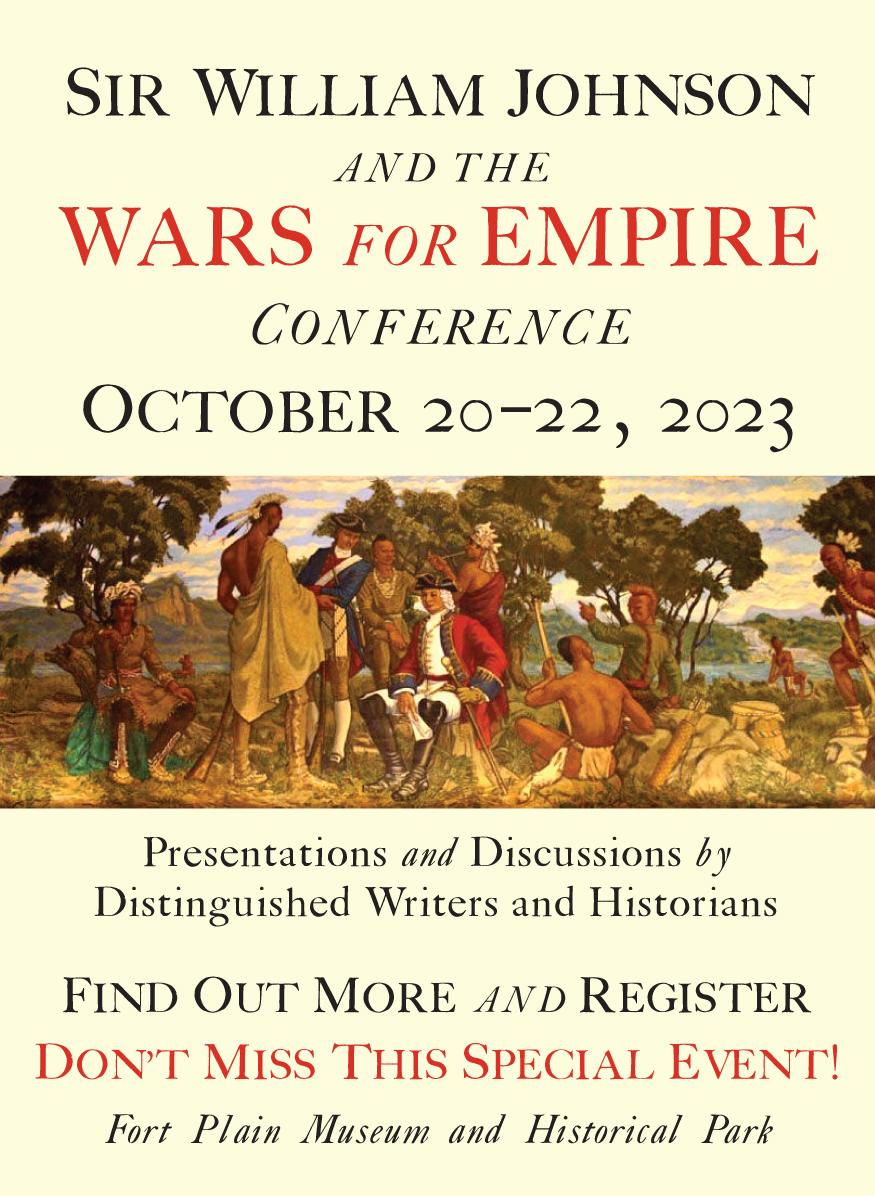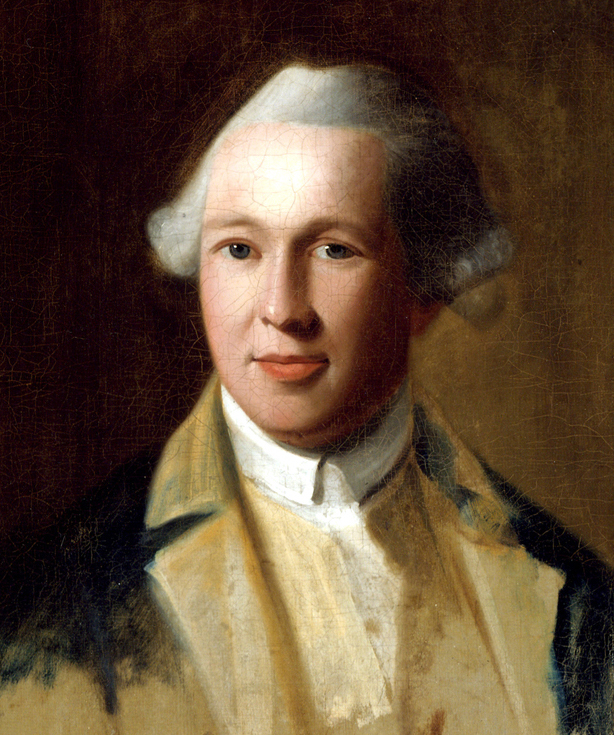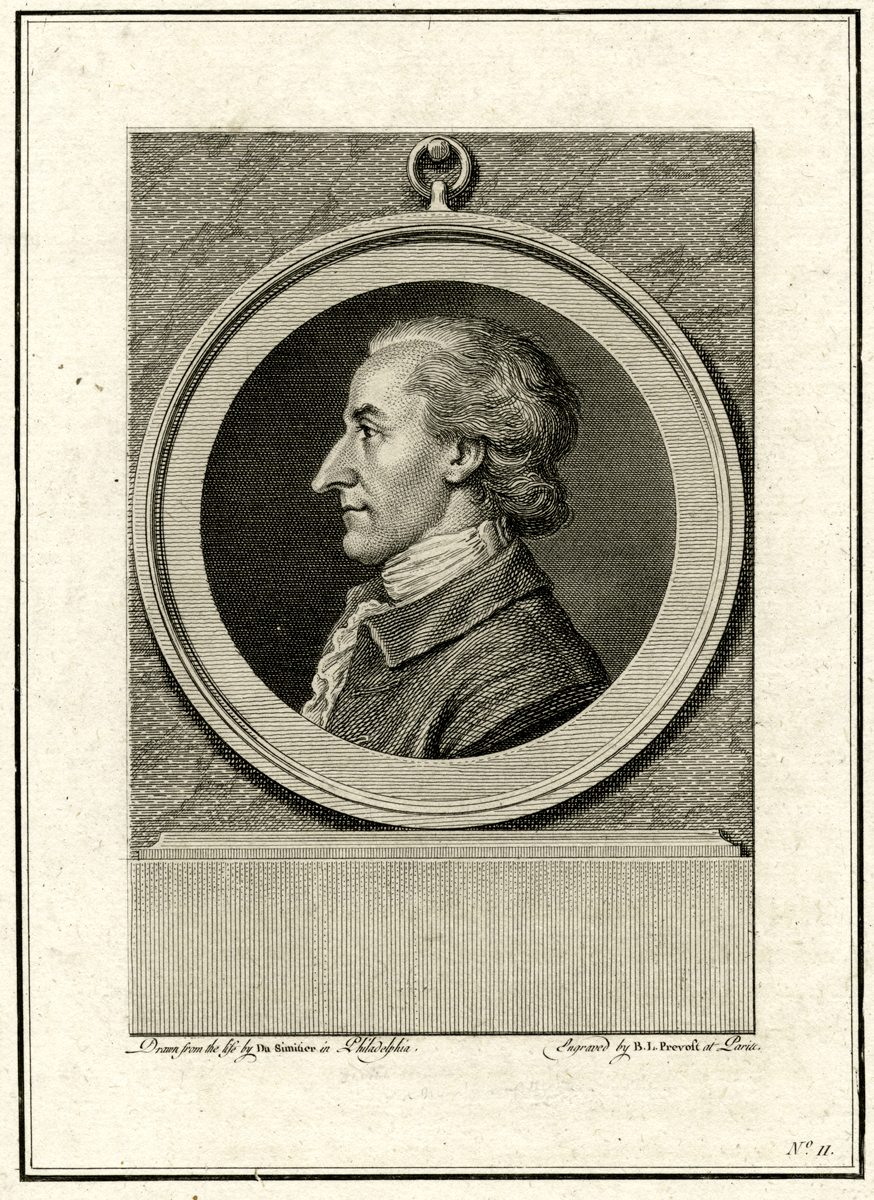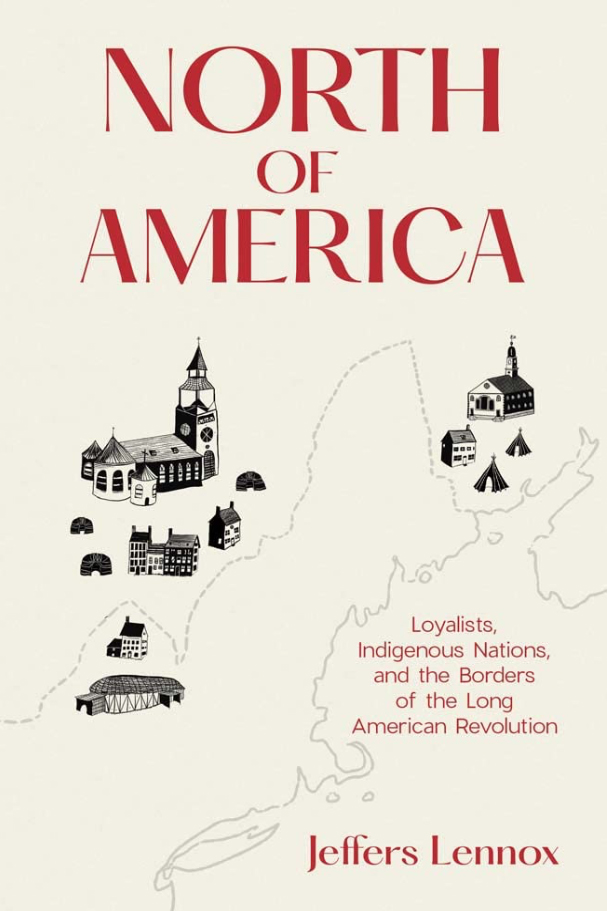
The primary dispute between Britain and her North American mainland colonies in the 1760s and early 1770s has often been summed up in four words: “no taxation without representation.” American Whigs declared they were loyal to the British king and constitution, but that part of that unwritten constitution was that subjects (or at least wealthy white male subjects) had to be represented in any legislature that imposed taxes on them.
The American Whigs’ campaign against “taxation without representation” benefited from that pithy rhyming phrase, which boiled the complex relationship between government and subject down into an easily remembered phrase. So who came up with that slogan?
Many authors credit the phrase to the Boston lawyer and legislator James Otis, Jr. (1725-1783), based on how John Adams recalled Otis’s argument in the writs of assistance case in 1761. Adams wrote a letter to Otis’s biographer William Tudor, Jr., in 1818. After quoting that letter at length Tudor wrote in his book:
From the navigation act the advocate [Otis] passed to the Acts of Trade, and these, he contended, imposed taxes, enormous, burthensome, intolerable taxes; and on this topic he gave full scope to his talent, for powerful declamation and invective, against the tyranny of taxation without representation.
From the energy with which he urged this position, that taxation without representation is tyranny, it came to be a common maxim in the mouth of every one. And with him it formed the basis of all his speeches and political writings; he builds all his opposition to arbitrary measures from this foundation, and perpetually recurs to it through his whole career, as the great constitutional theme of liberty, and as the fundamental principle of all opposition to arbitrary power.
However, neither Adams’s contemporaneous notes on what he’d heard in 1761 nor his letter contained the “taxation without representation” phrase or argument. There was only a little newspaper coverage of this legal case, and those articles did not raise that issue, instead focusing on the issue of “general writs” and proper searches. Tudor seems to have projected the famous phrase back onto Otis’s 1761 argument.
Otis did raise the issue of where legislatures could fairly tax subjects early in 1764—but he didn’t use the memorable words “no taxation without representation.” Instead, in his pamphlet The Rights of the British Colonies Asserted and Proved, Otis concluded:
The sum of my argument is: that civil government is of God; that the administrators of it were originally the whole people; that they might have devolved it on whom they pleased; that this devolution is fiduciary, for the good of the whole; that by the British constitution this devolution is on the King, Lords and Commons, the supreme, sacred and uncontrollable legislative power not only in the realm but through the dominions; that by the abdication, the original compact was broken to pieces; that by the Revolution it was renewed and more firmly established, and the rights and liberties of the subject in all parts of the dominions more fully explained and confirmed; that in consequence of this establishment and the acts of succession and union, His Majesty GEORGE III is rightful King and sovereign, and, with his Parliament, the supreme legislative of Great Britain, France, and Ireland, and the dominions thereto belonging; that this constitution is the most free one and by far the best now existing on earth; that by this constitution every man in the dominions is a free man; that no parts of His Majesty’s dominions can be taxed without their consent; that every part has a right to be represented in the supreme or some subordinate legislature; that the refusal of this would seem to be a contradiction in practice to the theory of the constitution; that the colonies are subordinate dominions and are now in such a state as to make it best for the good of the whole that they should not only be continued in the enjoyment of subordinate legislation but be also represented in some proportion to their number and estates in the grand legislature of the nation; that this would firmly unite all parts of the British empire in the greater peace and prosperity, and render it invulnerable and perpetual.
In case you missed it within that magnificent 311-word sentence, Otis wrote: “that no parts of His Majesty’s dominions can be taxed without their consent; that every part has a right to be represented in the supreme or some subordinate legislature;…” Not as catchy as “no taxation without representation,” but Otis did establish that philosophical basis for his objections to Parliament’s taxes on the colonies.
At the time, Parliament was considering whether to renew and revamp the Molasses Act of 1733, which was about to expire. In April 1764, that legislature passed what became known as the Sugar Act, though it covered several other imported goods as well. The new law cut the duty on imported molasses in half, but it put more teeth into actually collecting that tax and enforcing other Customs rules. Parliament also explicitly said that the new law was to raise revenue, in order to pay for troops in the colonies, rather than just to regulate trade within the British Empire.
Under the leadership of James Otis’s ally Samuel Adams (1722-1803), the Boston town meeting took up the argument against taxation without representation. In its instructions to the town’s representatives in the Massachusetts legislature, the town argued:
If taxes are laid upon us in any shape without our having a legal representative where they are laid, are we not reduced from the character of free subjects to the miserable status of tributary slaves?
But still, no one had coined the phrase “no taxation without representation.”
Tomorrow: The official launch of America’s great Revolutionary slogan.














13 Comments
I disagree with the basic premise. In the Declaration of Independence, the Founding Fathers list 27 reasons for breaking away from England and forming a new nation. Of the 27 grievances listed, only one is about taxation. Eleven (41%) of the grievances are over the suspension of local government, five (19%) are over the refusal of the Crown to pass pending laws, nine (33%) relate to military issues, one addresses trade restrictions, and one addresses taxation.
Issues of local self-government unrelated to taxation account for 60% of the list of 27 grievances; military concerns account for another 33%. Trade restrictions and taxation make up the remaining 7%.
This is an essay about, as the opening words say, “The primary dispute between Britain and her North American mainland colonies in the 1760s and early 1770s.” The disputes the Continental Congress chose to highlight in 1776 include many that arose after the war had begun or as a result of the earlier political dispute.
A larger question is whether the Declaration of Independence is an accurate reflection of the issues that had already led the North American colonists into war, or a presentation of issues framed to be most politically effective?
I believe those 27 reasons were aimed at being more timely grievances. The middle section of the Declaration, where the list appears, stems from a congressional investigation into British hostilities that was reported in colonial newspapers. According to the November 16, 1775, New-England Chronicle, the Continental Congress resolved “that a just a well authenticated account of hostilities committed by the ministerial troops and navy in American since March last, be collected, with proper evidence of the truth of the facts related…”
A year before the Declaration of Independence and less than a month after the Battle of Bunker Hill, Congress drafted “The Declaration of the Causes and Necessity of Taking Up Arms” (July 6, 1775). Suspension of Trial by Jury* and the institution of Admirality Courts loomed large in this document. There is also one reference to taxation, but the document does not harp on it.
I think the “Intolerable Acts”, including the closing of the Port of Boston, were the local impetus for the opening battles of the Revolution at Concord, Lexington, and Bunker Hill. However, those might have remained isolated rebellions had it not been for the general agreement in Congress that George III and/or Parliament were intent on suspending local self-Government the colonies that had been allowed to exist and grow for several generations.
“No taxation without representation”, I believe, is a simple little ditty that generations of school teachers have been able to drill into the heads of inattentive school children.
*Trial by Jury also stood out during several of the State Conventions to ratify the U.S. Constitution in 1787-88. The phrase “bulwark of freedom” is often paired with “trial by jury”.
Again, you’re citing documents created in the second half of the 1770s after the war had already begun. By 1775 the Crown had indeed changed some local governments, putatively restricted trial by jury by shifting charges to Admiralty Courts, and taken other steps that the colonists objected to.
This essay is about the rhetoric of the preceding decade when, as the quotations show, politicians on both sides of the Atlantic debated the link of taxation and representation as a fundamental issue. People saw that linkage as one basis of self-government. Indeed, taxation was the main battleground for arguments over self-government in the late 1760s since most of the other issues hadn’t arisen yet. Even the threat of Admiralty Court proceedings grew from the dispute over Customs duties instituted by Parliament without the assent of colonial legislatures; the Crown sought a way to prosecute colonists who interfered with the collection of those taxes.
As the second part of this essay will show, the words “taxation without representation” were part of the political rhetoric years before the war began. Later generations of American schoolteachers didn’t invent that phrase. (They did invent the phrase “Intolerable Acts,” but I’ll address that at another time.)
To understand the importance of taxation as an issue during the run-up to Independence, one need only examine the Stamp Act Crisis. In 1764 and 1765, the Sugar Act and the Stamp Act triggered outrage and protest up and down the colonies. The Sons of Liberty reached all the way to Charles Town and Savannah with demonstrations and adherence to their non-trade agreement. Even those such as Dulaney (a major author of the moment) who would later be a noted loyalist argued heavily against the taxes. The public was far more unified against the Stamp Act than they would be 10 years later for Independence.
I contend that the “taxation without representation” had more to do with self-government – and the liberty that it entailed – than taxation in and of itself. The American colonists generally had no problem with laws enacted by Parliament for the Empire at large. It did not, however, legislate for each of the colonies, who considered themselves separate countries within the Empire.
The problem, as the colonists saw it, was certainly that as free-born subjects of the King, they could not be denied their own property – i.e., required to pay taxes – without their own consent, or that of the elected representatives in the LOWER HOUSE of the colonial assembly in each of their respective colonial governments. The lower houses, like the House of Representatives in Massachusetts Bay or the House of Burgesses in Virginia, for example, stood in the British unwritten constitution in the same place – the colonists contended – as the House in Commons did for the English in Parliament; and in the same way the lower house in the Irish Parliament did in Ireland, as the legal body in which all revenue laws had to initiate.
American colonists were used to paying taxes (no one likes to pay them, but they did pay them) to their parish, county, province and the king. The lower houses had to levy the taxes for internal taxation. The protest against British taxation imposed by Parliament began with the passing of taxes for the revenue of the separate colonies, in attempt to make colonial administration independent of the lower houses – where the power of the provincial purse resided. Parliament imposing those taxes, in effect, made the colonies the same as the provinces acquired from France and Spain by conquest in the Seven Years War (Quebec, Grenada, and East and West Florida), NOT by the royal charters that created them as extensions of England/ Great Britain. The Stamp Tax was a blatant internal tax, imposed by by-passing the colonial lower legislative houses. The Townshend Duties were an attempt to disguise internal taxes as external taxes – in the form of import revenue duties. The granting of the East India Company a monopoly of retail tea sales in the colonies, with the associated import tax with the Tea Act, much of the revenues went to the royal/ proprietary governors in an attempt to reduce the power of the representative assemblies, and it was thus another internal tax in disguise.
Therefore, taxation was only a vehicle for minimizing the power, or “check and balance, afforded by the lower houses’ power of the purse in the colonies. Prior to 1764, as Edmund Burke later described, the British colonial policy was one of “salutary neglect” that approached autonomy within the Empire. The King still stood above the colonial assemblies as he did above the British and Irish Parliaments. The colonists viewed this autonomy as an a danger to their liberty.
I agree with the statements that other issues were more important to the start of the War for Independence. I especially view the Coercive, or Intolerable Acts as among the primary causes, and in particular the Massachusetts Government Act. But these acts were all imposed in reaction to the Boston resistance to the various tax acts. The generally feeling among those in the other twelve colonies was that if the British government could do it to Massachusetts, they could do it to them all. Therefore, the first action by the colonists as a whole was to seek a redress of grievances as loyal subjects of the King by a Parliament and ministry that did not serve him well.
Sorry, the last sentence of the next to last paragraph SHOULD read “The colonists viewed this loss of autonomy as a danger to their liberty.”
That’s what happens when you proofread your own stuff only once.
Glenn
See a book, “No Taxation without Representation: 1768 Petition, Memorial, and Remonstrance”
That would be your book, wouldn’t it, Mr. Gladney?
Mr. Bell,
Philbrick’s book on Bunker Hill and Joseph Warren. Fact, fiction or combination of both? This movie planned by Damon, Affleck and their screenwriter friend, Aaron Stockard seems to be another piece of propaganda about Americans as good guys and British as bad guys. Philbrick’s book never mentions the period of Salutary Neglect when England never even attempted to collect a farthing from any of the Colonies. The taxes levied between 1763 and 1775 seemed to occur after the Colonies refused to reimburse England for its share of the costs of defending Americans in the French and Indian War. No taxation without representation. That’s a laugh, too. All the radicals and other Americans wanted independence to conduct their own affairs without England’s interference.
I’ve written a screenplay about the Battle of Breed’s Hill told from the perspective of the British. There are some fictional elements in the plot, but the main thrust of the story is based on a true account of this period of American history. Honestly, I’m tired of the propaganda that the British were the bad guys and we were the good guys. My Screenplay makes Pitcairn the Battle’s hero which is not really true, but it is consistent with Pitcairn’s character according to numerous historical accounts of his personality and temperament. In reality, Pitcairn, though gregarious and conciliatory with Americans, was a real Anglophile and jingoist for the British cause. Keep up the good work. I like your journal a lot. It’s funny, witty and informative. Best, Steve Brodsky, Esq.
I’ve just finished reading DESPERATE SONS by Les Standiford. If I remember correctly, he mentions that Ben Franklin, the colonies’ (or Massachussetts) London agent at the time, explained to Parliamentary leaders why the colonists opposed the tax for the seven years war. They had already contributed funds during the war, and also had men serving and dying, and wanted to come up with their own solutions for paying any further debt. They didn’t want a parliament across the ocean determining that for them. And this was what they were used to – figuring out their own solutions to problems. The other false note in Parliament’s argument that Americans must pay their fair share for the war and further defense was the long history of mercantilism. England benefitted from keeping the land secure and exploited the economy for their own enrichment. As Isaac Barre stated in his famous Parliamentary speech: https://allthingsliberty.com/2015/08/isaac-barre-advocate-for-americans-in-the-house-of-commons/ While I agree it is a myth that one side is pure and holy over the other, there were real abuses of power that made the American side defend their rights until death. Their fears stemmed from previous revolutions that secured rights for individuals over monarchs. They were influenced a great deal by Algernon Sydney and the “Good Old Cause.”
I would suggest that the social/political views held by British officials in the Georgian period be better considered when discussing the issues of British policy after the Seven Years War. There is more to this than just what and why the colonists acted. Rather it should be necessary to understand how the British Government viewed its relationship to the governed.